
Year 714 (DCCXIV) was a common year starting on Monday of the Julian calendar. The denomination 714 for this year has been used since the early medieval period, when the Anno Domini calendar era became the prevalent method in Europe for naming years.
The 880s decade ran from January 1, 880, to December 31, 889.
The 750s decade ran from January 1, 750, to December 31, 759.
The 740s decade ran from January 1, 740, to December 31, 749.
The 730s decade ran from January 1, 730, to December 31, 739.
The 710s decade ran from January 1, 710, to December 31, 719.

Year 748 (DCCXLVIII) was a leap year starting on Monday of the Julian calendar. The denomination 748 for this year has been used since the early medieval period, when the Anno Domini calendar era became the prevalent method in Europe for naming years.
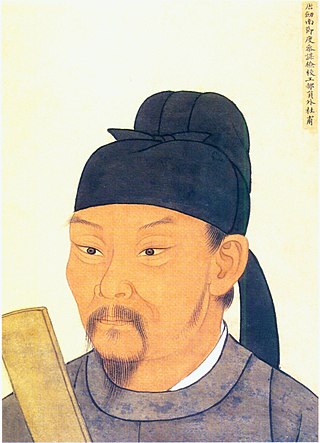
Year 770 (DCCLXX) was a common year starting on Monday of the Julian calendar. The denomination 770 for this year has been used since the early medieval period, when the Anno Domini calendar era became the prevalent method in Europe for naming years.
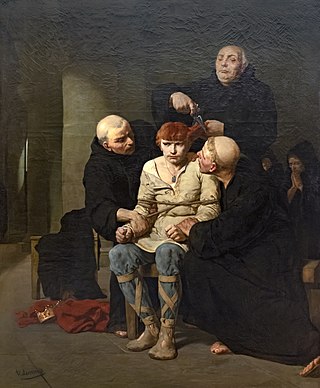
Year 737 (DCCXXXVII) was a common year starting on Tuesday of the Julian calendar. The denomination 737 for this year has been used since the early medieval period, when the Anno Domini calendar era became the prevalent method in Europe for naming.

Year 716 (DCCXVI) was a leap year starting on Wednesday of the Julian calendar, the 716th year of the Common Era (CE) and Anno Domini (AD) designations, the 716th year of the 1st millennium, the 16th year of the 8th century, and the 7th year of the 710s decade. The denomination 716 for this year has been used since the early medieval period, when the Anno Domini calendar era became the prevalent method in Europe for naming years.
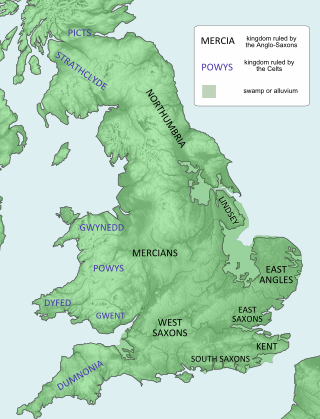
Year 690 (DCXC) was a common year starting on Saturday of the Julian calendar. The denomination 690 for this year has been used since the early medieval period, when the Anno Domini calendar era became the prevalent method in Europe for naming years.

Year 721 (DCCXXI) was a common year starting on Wednesday of the Julian calendar. The denomination 721 for this year has been used since the early medieval period, when the Anno Domini calendar era became the prevalent method in Europe for naming years.
Year 725 (DCCXXV) was a common year starting on Monday of the Julian calendar. The denomination 725 for this year has been used since the early medieval period, when the Anno Domini calendar era became the prevalent method in Europe for naming years.
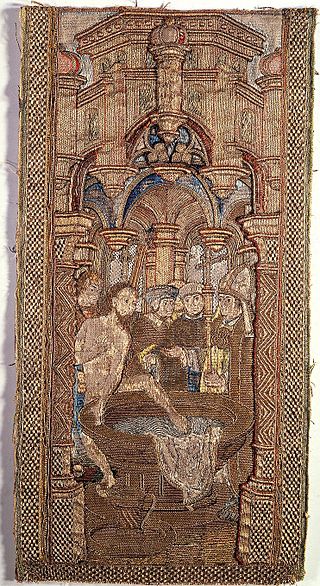
Radbod was the king of Frisia from c. 680 until his death. He is often considered the last independent ruler of Frisia before Frankish domination. He defeated Charles Martel at Cologne. Eventually, Charles prevailed and compelled the Frisians to submit. Radbod died in 719, but for some years his successors struggled against the Frankish power.

The Agilolfings were a noble family that ruled the Duchy of Bavaria on behalf of their Merovingian suzerains from about 550 until 788. A cadet branch of the Agilolfings also ruled the Kingdom of the Lombards intermittently from 616 to 712. They are mentioned as the leading dynasty in the Lex Baiuvariorum. Their Bavarian residence was at Regensburg.
Tassilo II was a ruler in southern Germany.
Grimoald was the duke of Bavaria from about 715 to his death.

Theodo, also known as Theodo V and Theodo II, was the Duke of Bavaria from 670 or, more probably, 680 to his death. It is with Theodo that the well-sourced history of Bavaria begins. He strengthened his duchy internally and externally and, according to the medieval chronicler Arbeo of Freising, he was a prince of great power whose fame extended beyond his borders.
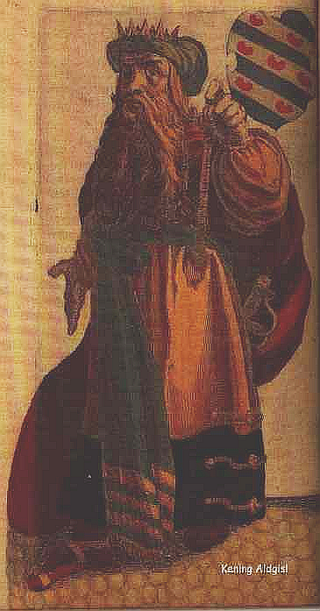
Aldegisel was the ruler of Frisia in the late seventh century contemporarily with Dagobert II and a very obscure figure. All that is known of him is in relation to the famous saint that he harboured and protected, Wilfrid, but he is the first historically verifiable ruler of the Frisians.

The Frisian–Frankish wars were a series of conflicts between the Frankish Empire and the Frisian kingdom in the 7th and 8th centuries.












